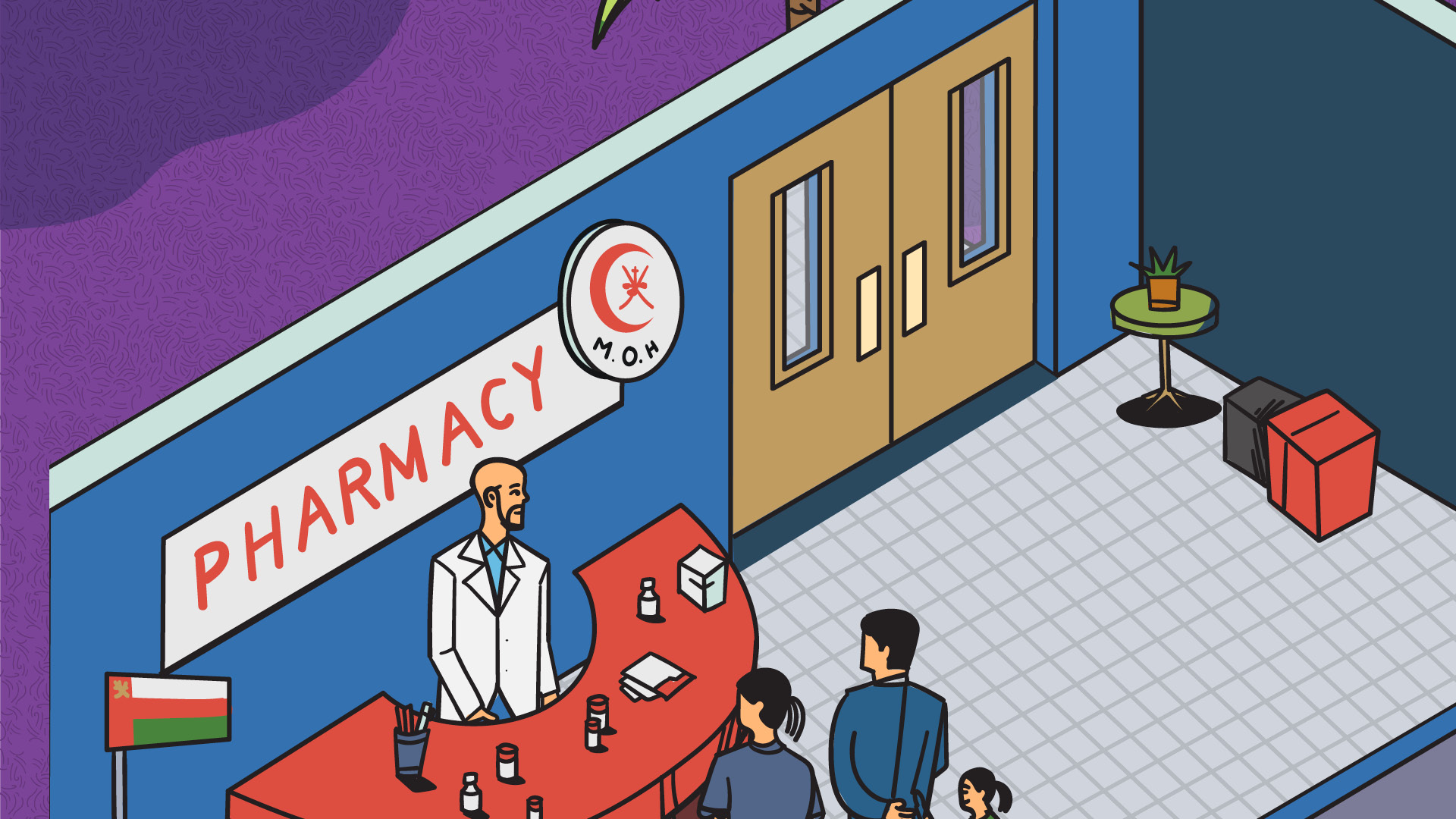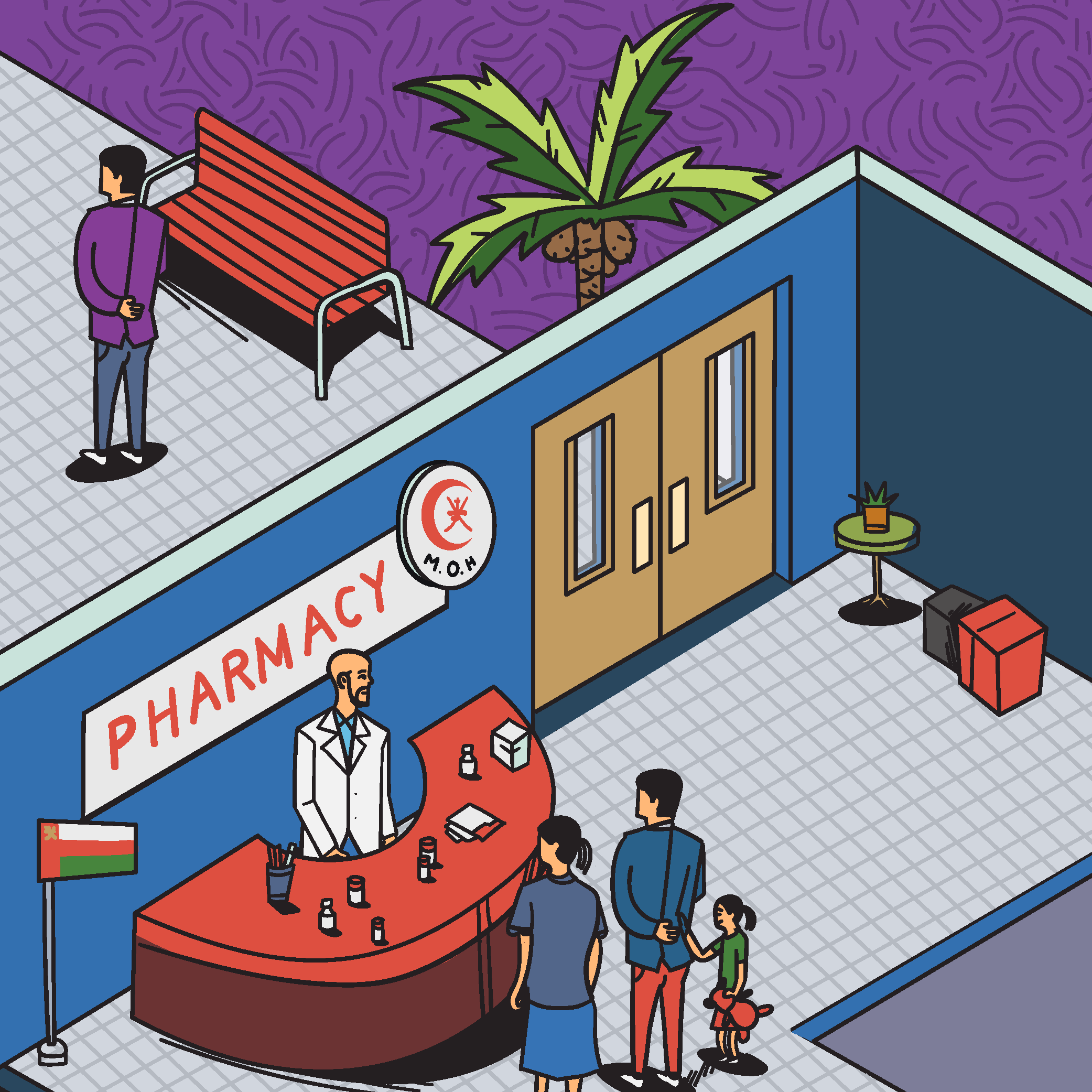- Arbitration
- Banking & Finance
- Capital Markets
- Commercial
- Competition
- Construction & Infrastructure
- Corporate / Mergers & Acquisitions
- Corporate Services
- Corporate Structuring
- Digital & Data
- Dispute Resolution
- Employment & Incentives
- Family Business & Private Wealth
- Innovation, Patents & Industrial Property (3IP)
- Insurance
Find a Lawyer
Book an appointment with us, or search the directory to find the right lawyer for you directly through the app.
Find out more
Real Estate & Construction and Hotels & Leisure
Real estate, construction, and hospitality are at the forefront of transformation across the Middle East – reshaping cities, driving investment, and demanding increasingly sophisticated legal frameworks.
In the June edition of Law Update, we take a closer look at the legal shifts influencing the sector – from Dubai’s new Real Estate Investment Funds Law and major reforms in Qatar, to Bahrain’s push toward digitalisation in property and timeshare regulation. We also explore practical issues around strata, zoning, joint ventures, and hotel management agreements that are critical to navigating today’s market.
As the landscape becomes more complex, understanding the legal dynamics behind these developments is key to making informed, strategic decisions.


2025 is set to be a game-changer for the MENA region, with legal and regulatory shifts from 2024 continuing to reshape its economic landscape. Saudi Arabia, the UAE, Egypt, Iraq, Qatar, and Bahrain are all implementing groundbreaking reforms in sustainable financing, investment laws, labor regulations, and dispute resolution. As the region positions itself for deeper global integration, businesses must adapt to a rapidly evolving legal environment.
Our Eyes on 2025 publication provides essential insights and practical guidance on the key legal updates shaping the year ahead—equipping you with the knowledge to stay ahead in this dynamic market.
The leading law firm in the Middle East & North Africa region.
A complete spectrum of legal services across jurisdictions in the Middle East & North Africa.
-
Practices
- All Practices
- Banking & Finance
- Capital Markets
- Commercial
- Competition
- Construction & Infrastructure
- Corporate / Mergers & Acquisitions
- Corporate Services
- Corporate Structuring
-
Sectors
-
Country Groups
-
Client Solutions
Today's news and tomorrow's trends from around the region.
17 offices across the Middle East & North Africa.
Our Services
 Back
Back
-
Practices
- All Practices
- Banking & Finance
- Capital Markets
- Commercial
- Competition
- Construction & Infrastructure
- Corporate / Mergers & Acquisitions
- Corporate Services
- Corporate Structuring
- Digital & Data
- Dispute Resolution
- Employment & Incentives
- Family Business & Private Wealth
- Innovation, Patents & Industrial Property (3IP)
- Insurance
- Intellectual Property
- Legislative Drafting
- Private Client Services
- Private Equity
- Private Notary
- Projects
- Real Estate
- Regulatory
- Tax
- Turnaround, Restructuring & Insolvency
- Compliance, Investigations and White-Collar Crime
-
Sectors
-
Country Groups
-
Client Solutions

- Law Firm
- /
- Insights
- /
- Law Update
- /
- November 2019
- /
- Pharmaceutical Registration in Oman: An Overview
Pharmaceutical Registration in Oman: An Overview
Arif Mawany - Head of Corporate Commercial - Oman - Commercial / Corporate / Mergers and Acquisitions / Capital Markets
 The distribution of pharmaceutical products in Oman is subject to the supervision of the Ministry of Health of Oman (‘MOH’). As a consequence of its membership of the World Health Organisation (‘WHO’), the availability of a pharmaceutical product is determined by whether that product has been registered with the MOH. Registration is routinely conducted by the MOH’s Directorate General for Pharmaceutical Products and involves an assessment of the purpose of the product, the country of origin, likely demand of that product, and whether a similar product is already available in the market and elsewhere across the GCC.
The distribution of pharmaceutical products in Oman is subject to the supervision of the Ministry of Health of Oman (‘MOH’). As a consequence of its membership of the World Health Organisation (‘WHO’), the availability of a pharmaceutical product is determined by whether that product has been registered with the MOH. Registration is routinely conducted by the MOH’s Directorate General for Pharmaceutical Products and involves an assessment of the purpose of the product, the country of origin, likely demand of that product, and whether a similar product is already available in the market and elsewhere across the GCC.
Registration
Pharmaceutical registration is commonly carried out by the product manufacturer’s registered agent/distributor licensed in Oman. The reason for the manufacturer’s registered agent undertaking the registration process relates mainly to the requirements of Oman’s foreign capital investment legislation, which requires any foreign entity that proposes to conduct business in Oman to incorporate a legal entity or appoint a local entity to import the products into Oman on its behalf. While the local agent submits the application to the MOH and is considered the applicant and local sponsor for the registration, the foreign manufacturer/marketing authorisation holder in the country of origin is considered the marketing authorisation holder in Oman, once registration is approved. The requirements for registration of a pharmaceutical in Oman include the completion of an application and product dossier containing such things as the certificate of Good Manufacturing Practices (‘GMP’) and certificate of pharmaceutical product (‘CPP’), pricing related data, as well as quality, non-clinical, and clinical data.
In Oman, there are regulations to protect test data and other data concerning safety and efficacy submitted to government authorities at the time of seeking approval of pharmaceutical and/or agricultural products.
‘Named Patient’ Supply
The MOH maintains a list of product registrations that specifies the name of the product manufacturer and registered distributor of that product in Oman. If a product is not so listed, it will not be permitted for distribution in Oman. In exceptional circumstances, however, a manufacturer can obtain special permission to import a pharmaceutical product into Oman if the MOH is made aware of a specific demand to treat a certain category of patients and there are no other appropriate pharmaceutical products in the local market to treat those patients. In essence, this is an approval to import the product on a ‘named patient’ basis. Before the product can be permitted for importation under such a scheme, the product must have been prescribed for the treatment of rare or exceptional medical conditions; importation into Oman is generally made easier if that product has already been approved for use by other WHO members including UK, USA, and countries in Western Europe.
Pricing
Pricing of pharmaceutical drugs is governed by the Law Regulating the Practice of the Pharmacy Profession and Pharmaceutical Establishments, as well as a series of Ministerial decisions (together, the ‘Price Control Regulations’). The Technical Committee within the Department of the Directorate General of Pharmaceutical Affairs and Drug Control determines the pricing of pharmaceuticals in accordance with such regulations. The registration process involves providing the following pricing information:
- price of manufacture in country of origin;
- wholesale price in country of origin;
- selling price in country of origin;
- suggested import price to Oman in currency of the country of origin and United States Dollars; and
- suggested import price of the distribution to other GCC countries at the time of registration or copy of the official price list in the relevant GCC country
Discretion is afforded to the Technical Committee to approve or reject the price put forward at the time of registration. In particular, the Technical Committee will review the sale price of the drugs in light of its guidance, which states that the sale price shall be based on the port price of arrival (cost, insurance and price), which has been approved by the Technical Committee, plus a profit margin.
Advertising
Media content that is disseminated in Oman is subject to various laws and regulations. Omani laws prohibit the publication of advertisements concerning medicines and pharmaceutical products except with approval from the MOH. The definition of ‘advertising’ under the applicable law includes newspaper advertisements or other printed advertisements. The concept of digital advertising was not in the minds of the draftsman and policymakers when the relevant law was issued in 1984, but it is recognised and accepted that the permission required from the MOH will extend to any form of healthcare/pharmaceutical advertising, including digital form.
Public Tenders
Pharmaceuticals offered through public tenders in Oman are selected based on multiple factors, including whether the product is registered with the MOH, previous experience, and the prices offered. While the Omani procurement procedures favour pharmaceuticals registered with the MOH, non-registered medicine may be accepted in public tenders if the price of the non-registered medicine is more favourable.
Al Tamimi & Company’s Healthcare Practice in Oman regularly advises on laws and regulations impacting the healthcare sector. For further information please contact healthcare@tamimi.com.
Stay updated
To learn more about our services and get the latest legal insights from across the Middle East and North Africa region, click on the link below.


